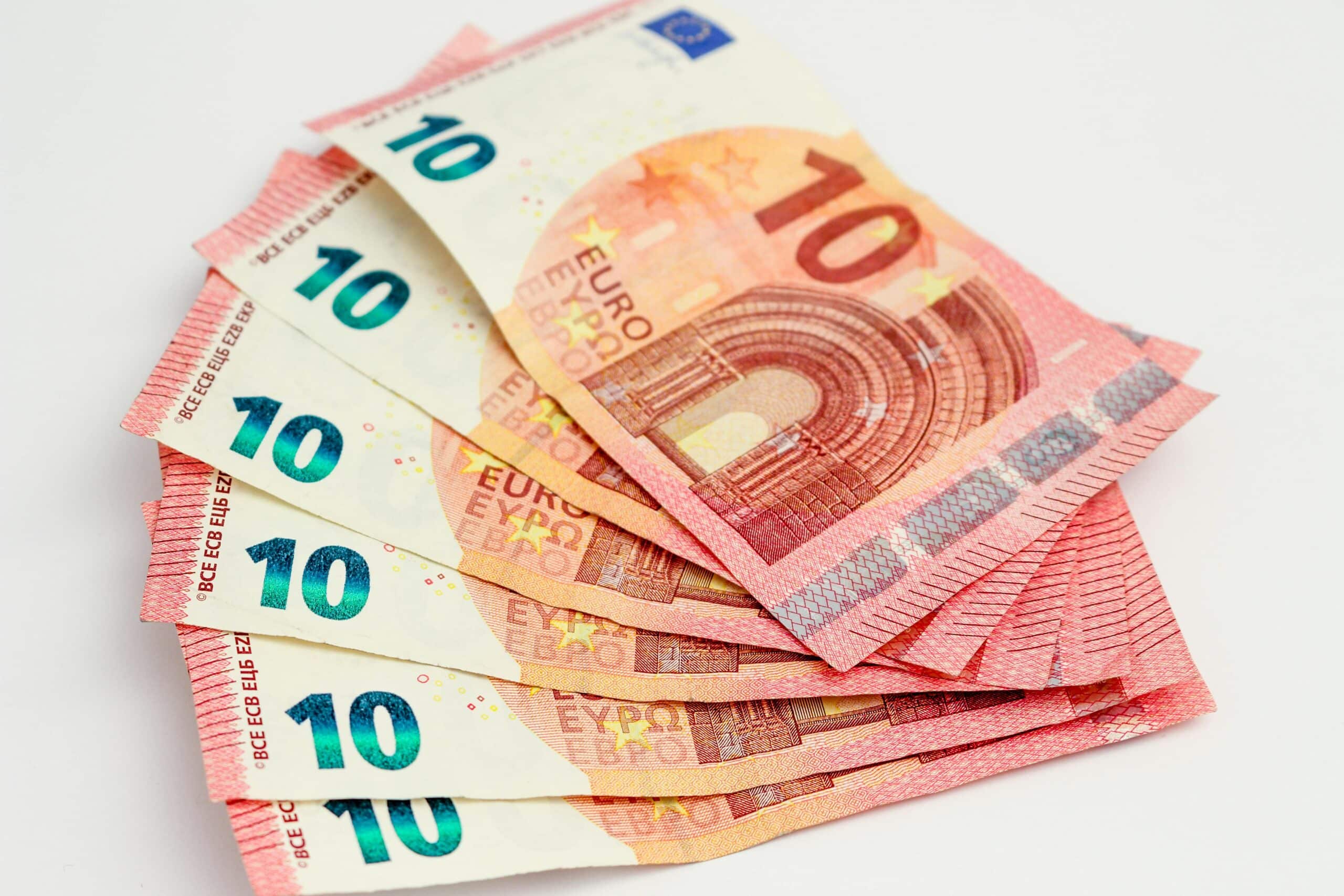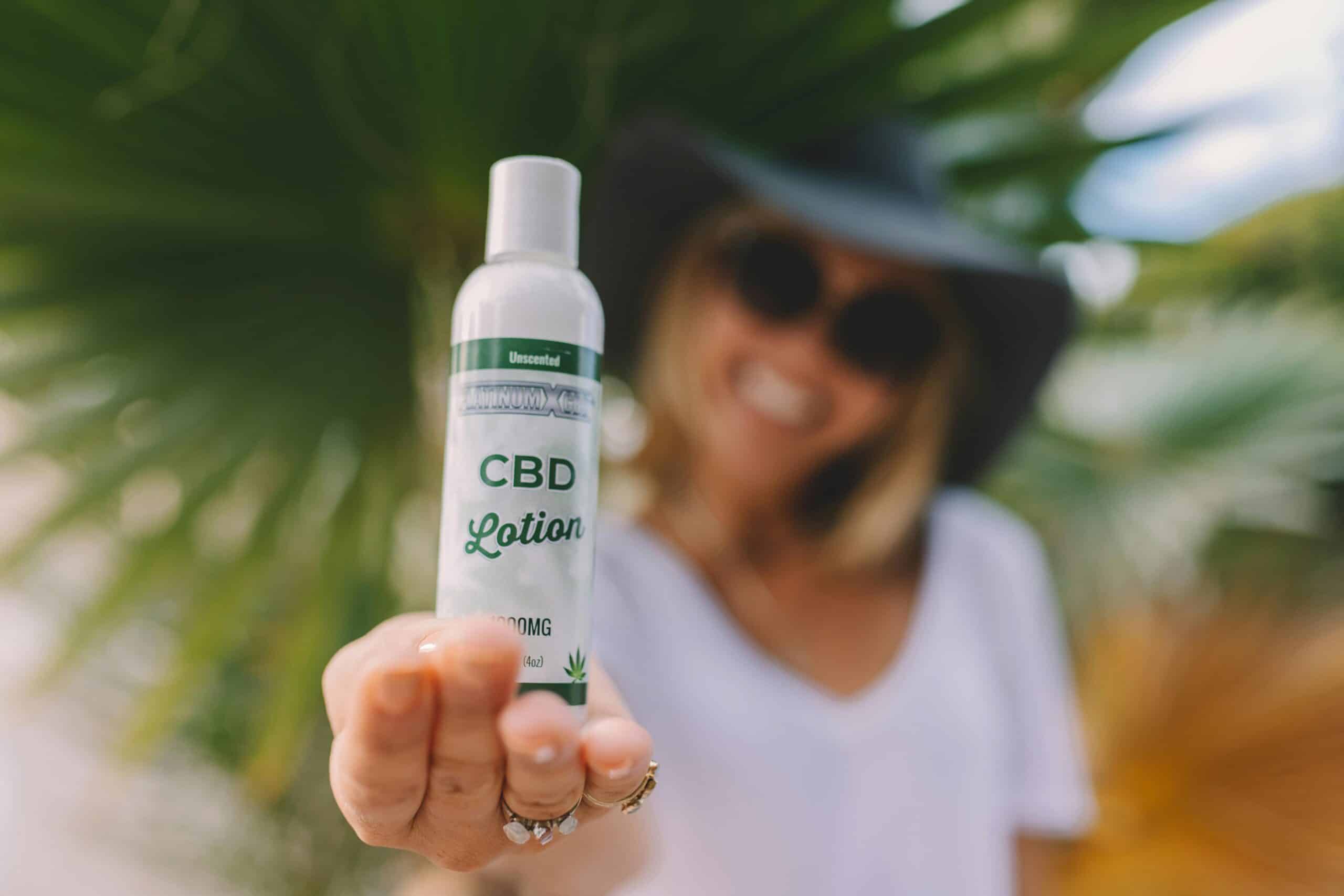The CBD industry is in a vulnerable position; it is thriving, but also under a lot of scrutiny. From the ever-changing regulations by state or the payment processors who determine what’s an allowable transaction, all while consumer demand remains high, CBD ownership is always on the lookout to stay ahead of the game and in compliance. Something that can negatively impact sustainability, however, is chargebacks. For those looking to create a sustainable CBD brand, understanding how to reduce credit card processing fees and partnering with secure merchant services for chargebacks or payment disputes is critical.
Why CBD Businesses Are Vulnerable to Chargebacks
Chargeback CBD merchants fall into what’s known as a high-risk merchant account category. This has nothing to do with illegal activity and everything to do with difficulty implementing payment processing. For instance, many chargebacks occur because customers feel confused about what they ordered, annoyed by shipping time, unsatisfied with labeling transparency or implications about ingredients or realize their results aren’t what they expected. Yet too many chargebacks can negatively impact your business as you can lose a merchant account, incur additional fees, or remain blacklisted by reputable processors[1]. Therefore, learning how to reduce credit card processing fees is in line with chargeback reductions; if you’re eventually able to negotiate lower fees, it’s because you’ve proven your need not to reverse charges over time.
Establish Clear Product Expectations from the Get-Go
Many chargebacks occur because customers believe they ordered one thing and received another. When part of the challenge is based upon misunderstanding, the actual versus the perceived, the product versus the delivery options, using consistent imagery and other identifying factors will go a long way. Thus, reducing chargebacks in this manner will help secure trust for your CBD brand as a transparent and ethical operation. Therefore, reducing chargebacks in this manner will also help facilitate your endeavors with secure merchant services, as fewer flagged transactions will appear.
Employ Descriptive Billing Statements
One of the most overlooked tactics for preventing chargebacks involves a simple problem solution. If your merchant atmosphere does not equal what your customer purchased or a similar memory of purchase, the second guess could be fraud. Thus, make sure your merchant account is associated with a billing descriptor that presents a strong likelihood to your business or website. This minimizes “friendly fraud” by almost half and goes toward a secure merchant services operation by allowing the customer to see your transaction on their credit card statement[2].
Have a Refund Policy
One surefire way to legitimize your transaction if it goes to dispute is to have a refund policy, or visible and easy access to refund policies, so charges don’t have to be chargebacks. Have refund policies readily available on your site and have automated emails confirming a refund to close the loop on communication. This proves to credit card companies that you’re reasonable and not fraudulent. Every merchant must have a means of refund as part of how to reduce credit card processing fees, because it’s far better than charging for an item and going through the expensive charade of a chargeback dispute.
Communicate with Order Confirmations and Shipping Notifications
The easiest way to prevent chargebacks is to prevent confusion in the first place. This comes from order confirmations and shipping notifications. The second an order goes through, send an automated email confirming its placement. Then, as soon as the order ships, which could be days or weeks later, send another communication with tracking numbers. If there are delays, have a standard protocol in place to notify customers sooner rather than later; people chargeback when they’re confused and in the dark[3]. With secure merchant services solutions, this is done for you, automatically, so that customers aren’t flooded with concerns, and they’re more likely not to go to their credit card company to clear up any issues.
Leverage Signature Requirements and Delivery Confirmation
Whether you’re sending high-ticket CBD purchases or wholesale orders, requiring a signature upon delivery is an easy option. Not only does it guarantee the package arrived, but it also avoids mistaken claims of non-delivery. For example, USPS, FedEx, and UPS all have inexpensive delivery confirmation/signature services that can seamlessly integrate with your checkout process[4]. If you’re searching for ways to avoid credit card processing fees stemming from chargeback fees, this is a practical option to consider.
Choose a Payment Processor with Chargeback Solutions
Not all merchant account providers understand the CBD industry. Make sure you choose secure merchant services that encompass experience in working with high-risk verticals as well as chargeback solutions. From fraud detection and chargeback alerts to automatically contesting disputes, these features can improve your transient ratio on the spot. Some even provide real-time tracking so merchants can step in before a chargeback is filed. Therefore, your payment processor becomes a partner in your chargeback strategy instead of just a service.
Establishing Secure Merchant Services for CBD Payments
When it comes to keeping chargebacks down and payment processing rates low, you need a merchant account designed for your business structure. Generic payment processors typically wouldn’t want to deal with CBD businesses, and if they do, they’d impose catastrophic fees and unreasonable reserve stipulations. Look for secure merchant services that cater to high-risk businesses and understand what compliance means for the world of CBD. These secure services will provide chargeback reduction options as well as faster resolutions for revenue protection and reliability[5].
How to Reduce Credit Card Processing Fees Without Risking Reliability
While reducing credit card processing fees involves not risking reliability, there are ways to minimize expenses without jeopardizing yourself. For example, avoid unnecessary refunds and chargebacks while batching your transactions. Growth generally helps lower processing fees in high-risk areas, as many providers have tiered pricing or volume discounts. If you can demonstrate that you run a stable operation, have low dispute ratios, no strange charges on your statement, and rapid fraud detection, you’ll have a better chance of establishing a stance to renegotiate with your current provider. Thus, how to reduce credit card processing fees relates directly to how to reduce chargebacks.
Be One Step Ahead for Compliance as a Selling Advantage
Compliance regulations change on a regular basis for the CBD industry. Therefore, not only will compliance ensure your merchant account remains secure, but it’ll also give you the opportunity to be one step ahead as a reputable brand. Compliant product packaging laws in which your state operates, health claims (or lack thereof) on your website or sales pages, and publicly available third-party lab results go a long way to make your brand appear transparent and safe. Transparent sellers will most likely garner more purchases than non-compliant brands, and compliance guarantees that you can keep secure merchant services despite any changes down the road.
FAQ
Q: Why does the CBD industry have more chargebacks?
A: CBD is often misinterpreted on both ends: retailers can’t deliver fast enough, should shipping be involved in eCommerce, and if labels are unclear, customers will dispute the charge. Since CBD is high-risk, there’s more scrutiny when it comes to transactions, which means you’ll need secure merchant services as well as clear expectations.
Q: How can I reduce credit card processing fees when selling CBD?
A: Maintain a low chargeback ratio, limit overly requested refunds, and talk to processors about fees as your volume grows. Also, processors who tend to CBD specifically may offer you better rates. Learning how to reduce credit card processing fees starts with a good processing history.
Q: What is the difference between a chargeback and a refund?
A: A refund is a transaction that the merchant processes, usually after a customer asks for one. The customer processes a chargeback through their card issuer, which typically happens without the merchant’s knowledge. Refunds can be controlled; chargebacks are detrimental. Therefore, learning how to reduce chargebacks protects your secure merchant services account.
Q: Are there specific processors who specialize in CBD?
A: Yes. There are many high-risk merchant providers who cater to those selling CBD or hemp-related products. They come with industry-related tools, from fraud detection to automatic alerts to specific billing descriptors. The more a merchant payment processor knows about the industry, the greater your chances of avoiding disputes for reduced fees.
Q: Should I require a signature for every CBD delivery?
A: No for lower ticket items. Yes, for higher tickets and subscriptions; this also protects your business as a signature shows proof of delivery to avoid chargebacks and keeps secure merchant services compliant.
Q: What happens if I have too many chargebacks?
A: If your chargeback percentage exceeds 1%, you will lose your merchant account. You’ll also incur reserve requirements and/or flagged chargeback ratio reserves, pausing processing. It’s in your best interest to keep chargebacks low to ensure merchant services are secure and avoid merchant disasters down the line.
Conclusion
Payment processing for CBD businesses can be a world of difference and a headache from the average e-commerce business. But with a little communication, transparency, and trustworthiness, you won’t have to worry about improperly disputing charges and costing yourself in the end. Understanding how to minimize credit card processing fees is not just about getting the lowest rates but also about taking the proper precautions for your business model. When working with Payment Nerds to get secure merchant services for high-risk transactions and processing, you’re doing your CBD business the best by holding to fundamental best practices and providing support for success.
Sources
- NACHA. “Best Practices for High-Risk Merchants.” Accessed August 2025.
- U.S. Food & Drug Administration. “Regulatory Considerations for Hemp-Derived CBD.” Accessed August 2025.
- CBD Payment Pros. “Why Chargebacks Happen and How to Stop Them.” Accessed August 2025.
- Visa. “Dispute Resolution Best Practices.” Accessed August 2025.
- Forbes. “The Growing Complexity of Payment Processing in the CBD Industry.” Accessed August 2025.











